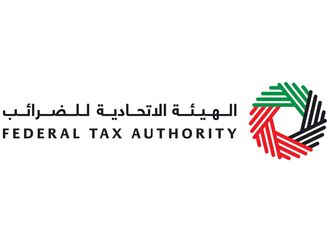
Dubai: It’s all good for the immediate future – but CEOs in the Middle East want to go through some major transformations if their businesses are to remain viable in another 10 years. Specifically, they want to give themselves a heavy tech upgrade – and be ready for the climate change challenge
When it comes to 2024 specifically, 81 per cent of CEOs heading companies in the GCC are anticipating more economic growth and well ahead of the mood among their global peers, of whom 44 per cent are hopeful, according to a new survey by the consultancy PwC.
“This has translated into 66 per cent of Middle East CEOs expecting significant increases in their revenues over the next three years, with 65 per cent of CEOs in the Middle East expecting to increase their headcount in 2024,” the report states.
“Despite slower global growth rates, the Middle East has displayed resilience, as countries have accelerated digital transformation and strengthened their non-oil sectors, creating employment opportunities,” said Hani Ashkar, Senior Partner at PwC Middle East.
Longer term change
Now comes the hard part. ‘Massive and fast’ transformation will be needed as the region seeks to ‘digitise, decarbonise, localise, privatise and modernise’.
And Middle East CEOs do recognise the extent of what’s needed, with 48 per cent saying ‘they don’t believe their company will be economically viable a decade from now if they don’t evolve’.
What can CEOs do?
‘Reinventing’ the scope and scale of their businesses is what they plan to do. More than half of CEOs in the region are focused on diversifying their products and services. And two-thirds have placed tech innovation is a right up as a priority area for the next three years.
And throw in more resources integrating sustainability initiatives into their operations. Because the Net Zero targets are not going to go away, and businesses realise they have been in sync with what governments want.
“Businesses in the Middle East are displaying a greater awareness of issues, such as climate change,” said Ashkar. “This indicates significant confidence and a commitment to reshaping our region for sustained outcomes.”
Climate change
This year, regional leaders will keep tackling the climate crisis, with 36 per cent identifying climate change as a ‘key driver for corporate change in the next three years’.
Regarding progress on climate action, Middle East CEOs i are on par with their global peers, as 67 per cent said their companies had energy efficiency programs underway or completed.
Just over 50 per cent said they were ‘innovating’ with climate-friendly products or services. “CEOs identified inadequate returns on climate-friendly investments, complexities in regulations and inadequate demand from stakeholders as some of the biggest challenges to decarbonise,” said the report.
According to Stephen Anderson, Middle East Strategy Leader at PwC Middle East, “CEOs must take advantage of emerging opportunities as they reinvent themselves with transformative technologies. As the world transitions towards clean energy, the Middle East will play an important role and it will be crucial to see how businesses lead the charge against climate change in a post-COP28 world.”








